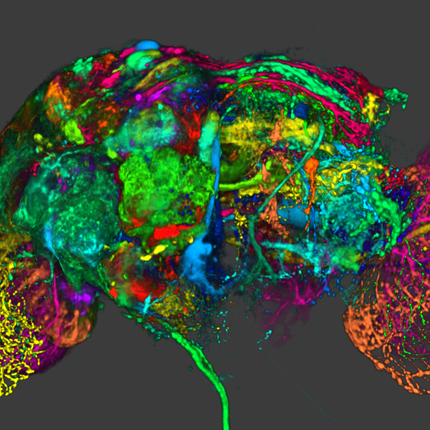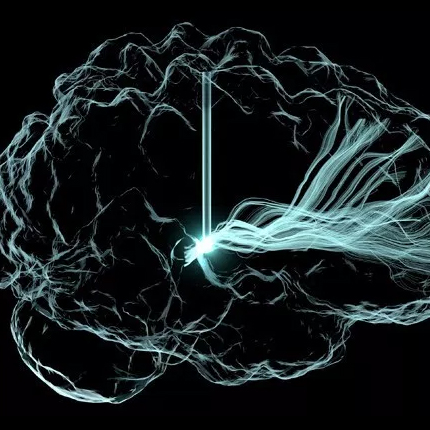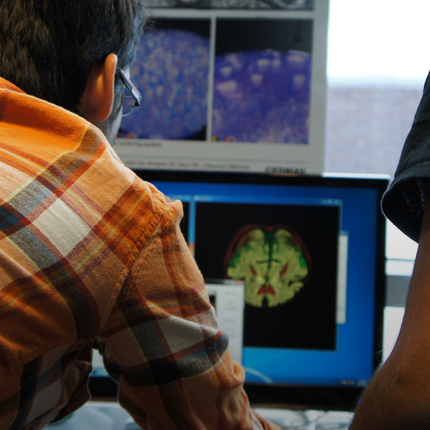Events on March 20, 2023

Robert Krueger, Postdoc Research Fellow at VGC Harvard Presents:
From Visual Analytics to Data-Driven Communication of Large Biomedical Cancer Images
March 20, 2023 at 10:00am for 1hr
Evans Conference Room, WEB 3780
Warnock Engineering Building, 3rd floor.
Zoom: https://sciinstitute.zoom.us/j/86861092835
Passcode: 090406
Abstract:
With new tumor imaging technology, cancer biology is undergoing a transformation into a digital era. Artificial intelligence has enabled processing and analysis of the resulting datasets of unprecedented scale. However, expert involvement and human domain knowledge are still essential, as data acquisition and experimental analysis pipelines are rapidly evolving. In my talk, I will present a scalable rendering framework enabling users to load, display, and interactively navigate in terabyte-sized multiplexed images of cancer tissue. I will then present visual analytics interfaces that utilize this framework and integrate machine learning methods to support cell biologists and pathologists in their workflows. The first step in such a workflow is a semi-automatic data filtering procedure, called "gating", which improves data quality and is critical for downstream analysis. I will then discuss the integration of unsupervised and supervised learning to identify stromal, immune, and cancer cells at scale. Subsequently, neighborhoods of cells are quantified in order to query and cluster repetitive and biologically-meaningful interaction patterns. Once relevant patterns are identified, a focus and context interface allows pathologists to further assess and annotate these regions of interest in an intuitive fashion. To communicate the biomedical insights to the greater research community and educate students, the findings and annotations can be extracted and arranged into interactively guided data stories. I will conclude with an outlook into my future research agenda addressing the transition to volumetric and time-varying datasets, and the joint analysis of multimodal images and increasing amounts of spatially-referenced high-dimensional data.
Posted by: Deb Zemek
Gia-Bao Ha Presents:
March 20, 2023 at 12:00pm for 30min
Evans Conference Room, WEB 3780
Warnock Engineering Building, 3rd floor.
Posted by: Mitra Alirezaei




